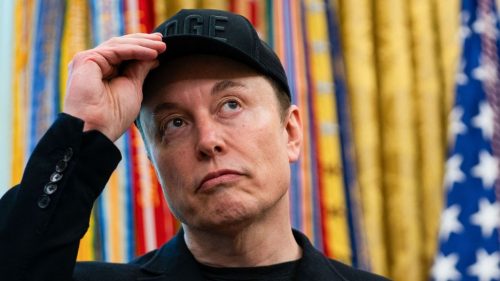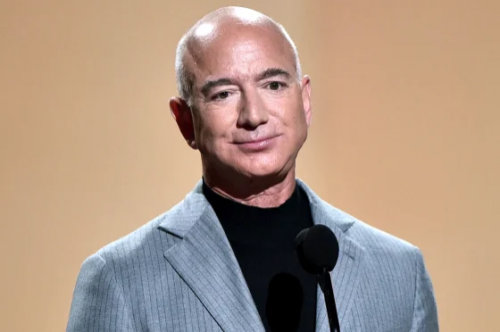A digital cybersecurity analyst is a type of virtual assistant — in other words, a smart system built using artificial intelligence. It’s capable of learning, in real time, from the experiences of security analysts and by observing an organization’s data. Its ability to process large amounts of data with speed can help security analysts better defend their organizations against cyberattacks. In addition, the insights that a digital cybersecurity analyst offers can free up time for security analysts to perform more valuable tasks, such as exception handling and enhanced risk suppression.
Many organizations, regardless of their size, type and industry, can utilize digital cybersecurity analysts to save both time and resources. These domain-specific AI virtual assistants can automate certain processes and enforce countermeasures to increase the productivity, effectiveness and efficiency of security teams. This can allow organizations, especially ones with small security teams, to determine the right course of action to counter attacks.
Digital cybersecurity analysts can also help security analysts improve their skills and their decision-making capabilities through the insights they can deliver. Not only does this help bridge their knowledge gap, but it can enable them to deal with more complex and sophisticated types of attacks. That’s why interest in advanced AI virtual assistants for cybersecurity is on the rise.
The original article was posted at Forbes.
The Boston Global Forum (BGF), in collaboration with the United Nations Centennial Initiative, released a major work entitled Remaking the World – Toward an Age of Global Enlightenment. More than twenty distinguished leaders, scholars, analysts, and thinkers put forth unprecedented approaches to the challenges before us. These include President of the European Commission Ursula von der Leyen, Governor Michael Dukakis, Father of Internet Vint Cerf, Former Secretary of Defense Ash Carter, Harvard University Professors Joseph Nye and Thomas Patterson, MIT Professors Nazli Choucri and Alex ‘Sandy’ Pentland, and European Parliament Member Eva Kaili. The BGF introduced core concepts shaping pathbreaking international initiatives, notably, the Social Contract for the AI Age, an AI International Accord, the Global Alliance for Digital Governance, the AI World Society (AIWS) Ecosystem, and AIWS City.











